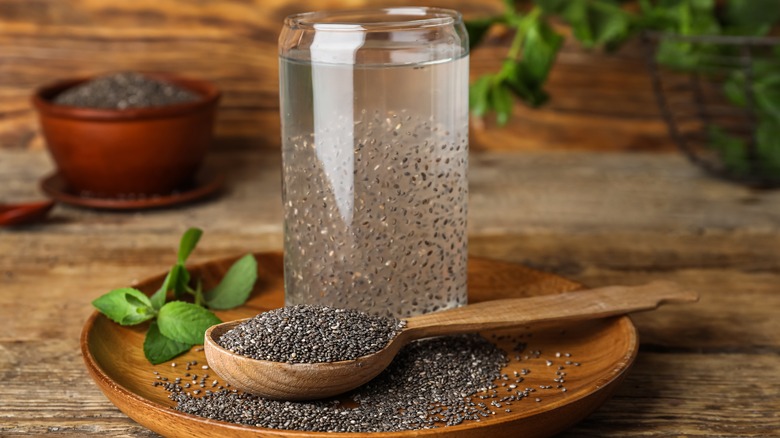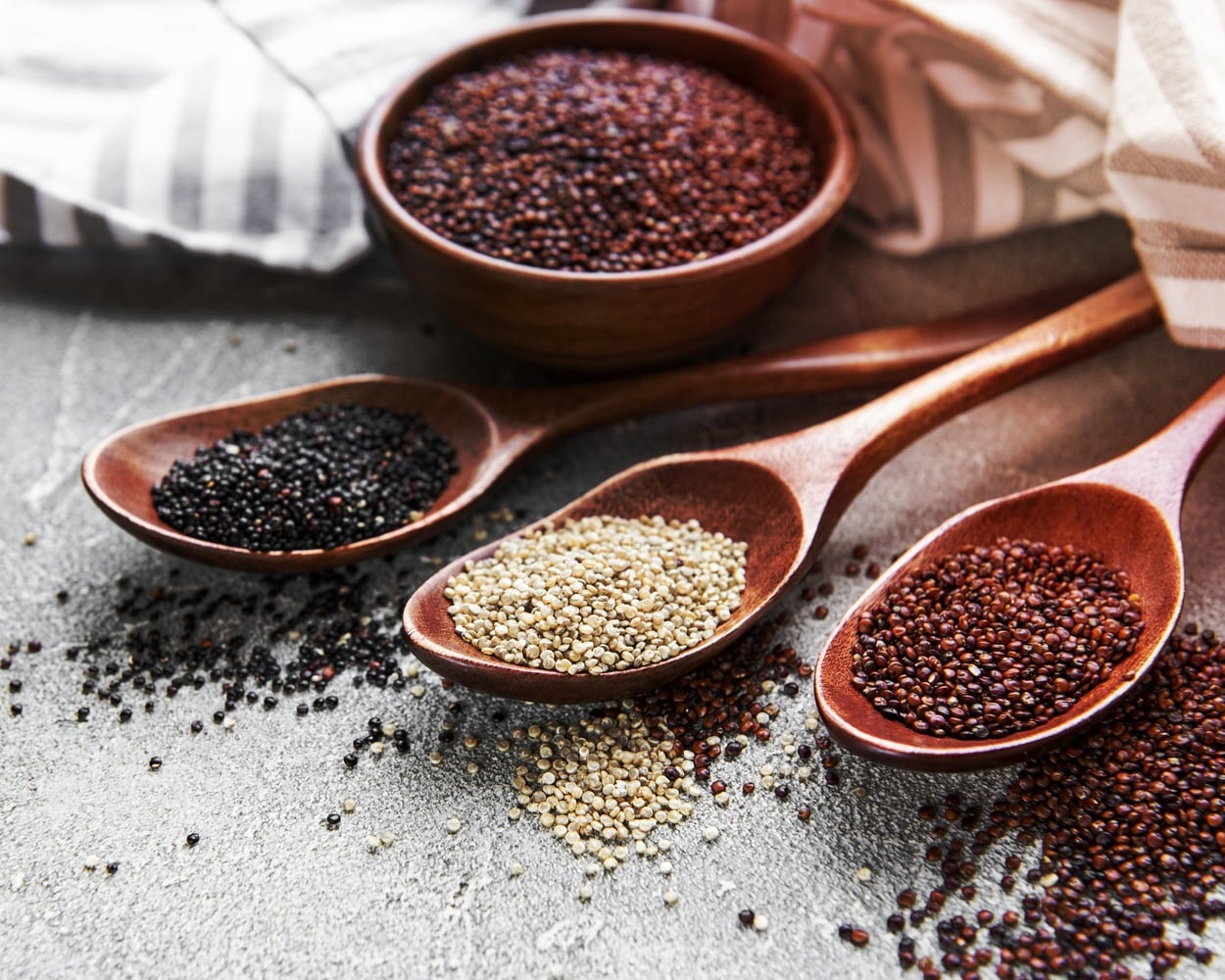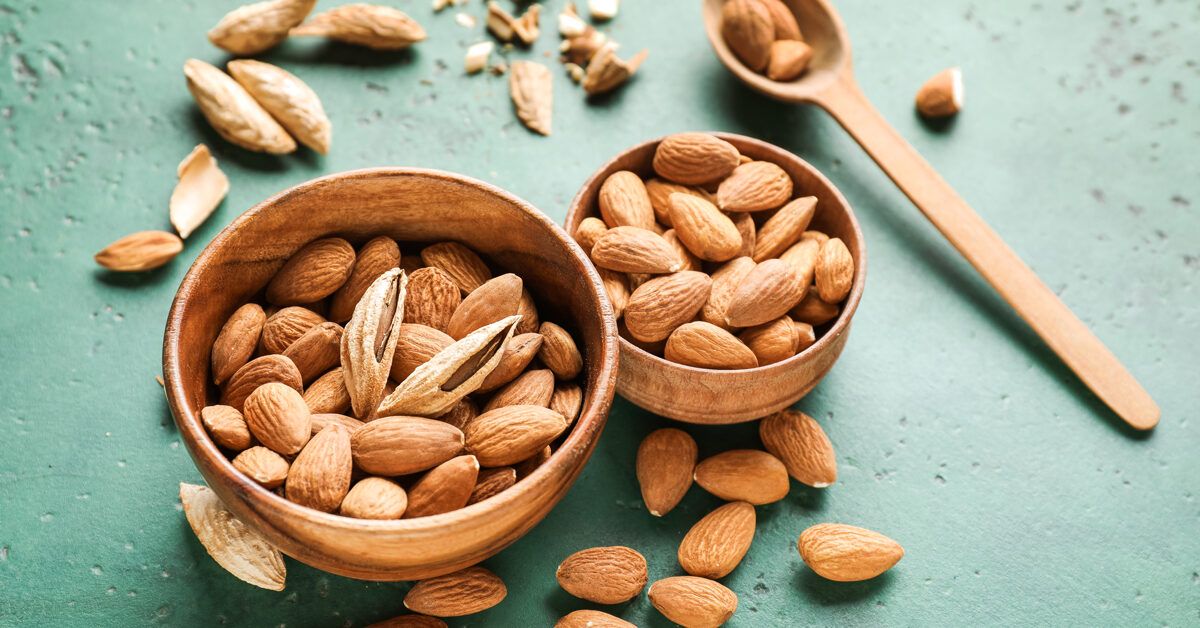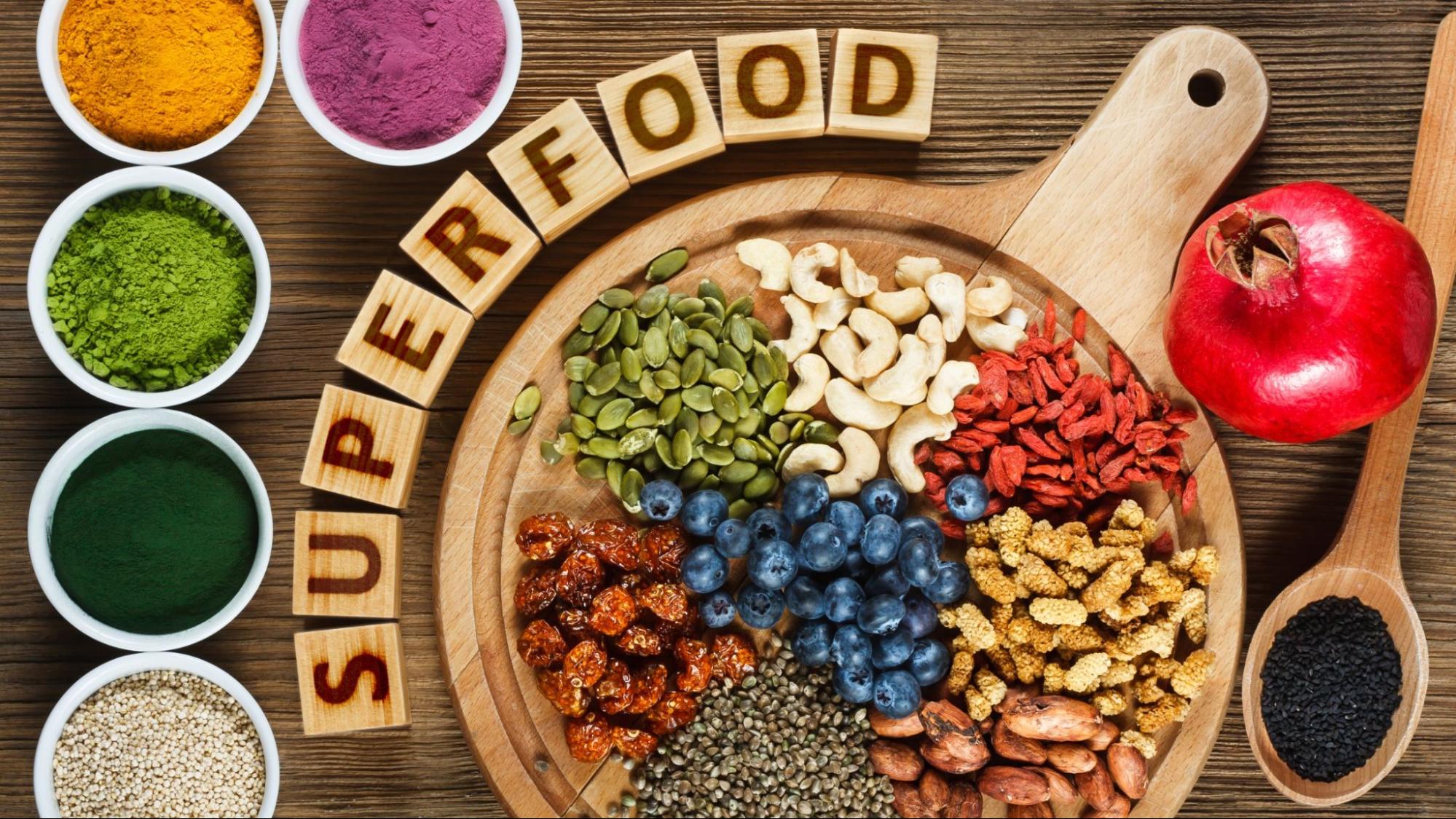Essential 8 Superfoods to Add to Your Daily Diet for Optimal Health.
In the pursuit of improved health, numerous individuals are embracing superfoods—nutrient-rich foods that provide an array of health benefits. These items are rich in vital vitamins, minerals, antioxidants, and various compounds that aid in maintaining overall health, warding off chronic illnesses, and encouraging longevity. Incorporating superfoods into your everyday meals is a fantastic way to enhance your nutrient consumption while boosting your energy and well-being. This article will delve into the top superfoods you should consider adding to your diet for optimal health.
Blueberries: Nature’s Antioxidant Powerhouse.
Blueberries stand out as one of the leading superfoods, and rightly so. These berries are abundant in antioxidants, especially anthocyanins, which contribute to their striking blue hue and safeguard the body from oxidative damage.
Blueberries: Powerful health benefits in every bite.
- Rich in Antioxidants: Blueberries possess among the highest antioxidant levels of all fruits, aiding in the protection of cells from harm and reducing inflammation.
- Supports Brain Health: Research indicates that blueberries can enhance memory and cognitive abilities, making them advantageous for brain health.
- Promotes Heart Health: The fiber, potassium, and antioxidants found in blueberries contribute to heart health by lowering cholesterol and stabilizing blood pressure.
Ways to Add Blueberries to Your Diet
Blueberries are exceptionally versatile; they can be included in smoothies, yogurt, oatmeal, or salads. They also serve as a delightful and nutritious snack.

Kale: A Nutrient-Packed Green Vegetable
Kale is a dark, leafy green vegetable teeming with nutrients. It is among the most nutrient-dense foods available, making it a superfood deserving of your attention.
Kale’s Health Benefits: Nutrients and Wellness Boost.
- High in Vitamins: Kale is abundant in vitamins A, C, and K, essential for immune function, skin health, and bone integrity.
- Supports Detoxification: The fiber and sulfur present in kale bolster the body’s natural detoxification processes by enhancing liver function.
- Promotes Eye Health: Kale contains lutein and zeaxanthin, antioxidants that shield the eyes from damaging blue light and lower the risk of cataracts.
Ways to Add Kale to Your Meals Daily
Kale can be consumed raw in salads, sautéed as a side dish, or blended into smoothies. Additionally, it can be incorporated into soups or transformed into kale chips for a crunchy and healthy snack.

3. Chia Seeds: Small Yet Powerful Superfood
Despite their diminutive size, chia seeds are rich in nutrients, marking them as a superfood that can be seamlessly integrated into your daily diet. They are a wonderful source of fiber, protein, and omega-3 fatty acids.
Chia Seeds: Health Benefits You Should Know
- Rich in Omega-3 Fatty Acids: Chia seeds rank among the best plant-based sources of omega-3s, which are vital for brain health and inflammation reduction.
- High in Fiber: The fiber in chia seeds enhances digestive health and assists in regulating blood sugar levels, making them ideal for sustaining energy throughout the day.
- Promotes Bone Health: Chia seeds are a significant source of calcium, magnesium, and phosphorus, all essential for maintaining robust bones.
Ways to Add Chia Seeds to Your Diet
Chia seeds can be sprinkled on oatmeal, yogurt, or smoothies. They can also be transformed into chia pudding by combining with almond milk and allowing to sit overnight.

Salmon: A Powerful Source of Omega-3s.
Salmon is a fatty fish rich in high-quality protein and omega-3 fatty acids, both crucial for maintaining overall health. Incorporating salmon into your meals can benefit heart and brain health.
Salmon’s Health Benefits: Omega-3s, heart, brain support.
- Rich in Omega-3 Fatty Acids: Salmon is an exceptional source of omega-3s, which alleviate inflammation, lower blood pressure, and reduce the likelihood of heart disease.
- Supports Brain Health: The omega-3s in salmon enhance cognitive function and may help prevent neurodegenerative diseases such as Alzheimer’s.
- Promotes Muscle Growth: A high-quality protein source, salmon assists in muscle repair and growth, making it an excellent option for active individuals.
Ways to Add Salmon to Your Diet
Salmon can be grilled, baked, or poached and is delicious on its own or served in salads, wraps, or grain bowls. Aim to include fatty fish like salmon in your meals at least twice a week.

Avocados: The Fruit for Heart Health
Avocados are high in healthy fats, particularly monounsaturated fats, which are known to benefit heart health. They also possess a diverse array of vitamins and minerals.
Avocados: Nutrient-rich, heart-healthy, and versatile fruit.
- Rich in Healthy Fats: The monounsaturated fats in avocados aid in reducing bad cholesterol and lowering heart disease risk.
- Packed with Nutrients: Avocados are an excellent source of potassium, folate, and vitamins C, E, and K, all contributing to overall health.
- Promotes Satiety: The blend of healthy fats and fiber in avocados ensures you feel full, making them an ideal addition to meals for weight management.
Ways to Add Avocados to Your Meals
Avocados can be mashed into guacamole, sliced onto toast, or incorporated into salads and sandwiches. They can also be blended into smoothies for a creamy consistency.

Quinoa: A Complete Source of Protein.
Quinoa is a gluten-free grain recognized as a complete protein, meaning it contains all nine essential amino acids. This makes it an exceptional choice for those on plant-based diets.
Quinoa: Nutritious Superfood with Health Benefits
- High in Protein: Quinoa is one of the rare plant-based foods providing all the essential amino acids, making it a formidable protein source for vegetarians and vegans.
- Rich in Fiber: The fiber in quinoa enhances digestive health and aids in regulating blood sugar levels.
- Gluten-Free: Quinoa is naturally gluten-free, making it an excellent alternative to wheat-based grains for anyone with gluten sensitivities.
Ways to Add Quinoa to Your Diet.
Quinoa can serve as a base for salads, be added to soups, or act as a side dish. It can also replace rice or pasta for a healthier, nutrient-rich alternative.

Almonds: A Nutrient-Rich, Healthy Snack Option
Almonds are loaded with healthy fats, fiber, protein, and a variety of vitamins and minerals. They are a convenient and nutritious snack suitable for any time of day.
Advantages of Eating Almonds for Health
- Supports Heart Health: Almonds are high in monounsaturated fats, which help lower cholesterol and mitigate the risk of heart disease.
- Rich in Vitamin E: Almonds rank as one of the top sources of vitamin E, an antioxidant that defends cells against damage and supports healthy skin and vision.
- Aids in Weight Management: Although calorie-dense, almonds can assist with weight management by promoting satiety due to their mix of healthy fats, fiber, and protein.
Ways to Add Almonds to Your Diet
Almonds can be enjoyed as a snack, added to salads or oatmeal, or blended into almond butter for a flavorful spread.

Turmeric: The Powerful Anti-Inflammatory Spice
Turmeric is a spice with a long history of use for its medicinal qualities. Its active component, curcumin, is a potent anti-inflammatory and antioxidant agent.
Turmeric’s Health Benefits Explained.
- Reduces Inflammation: Curcumin possesses strong anti-inflammatory properties, potentially lowering the risk of chronic diseases like arthritis and heart disease.
- Supports Joint Health: Turmeric is frequently used to alleviate joint discomfort and enhance mobility for those suffering from arthritis.
- Boosts Immune Function: The antioxidant characteristics of turmeric bolster the immune system and provide protection against infections.
Ways to Add Turmeric to Your Diet.
Turmeric can be incorporated into soups, curries, and smoothies. It can also be transformed into golden milk, a comforting beverage made with turmeric, almond milk, and honey.

Final thoughts and summary.
Incorporating superfoods into your daily diet is a superb method to enhance your overall health and well-being. Foods like blueberries, kale, chia seeds, salmon, avocados, quinoa, almonds, and turmeric are abundant in vital nutrients that support various health facets, from cognitive function to heart health. By making these superfoods a staple in your meals, you can nourish your body with the vitamins, minerals, and antioxidants it requires to flourish.

